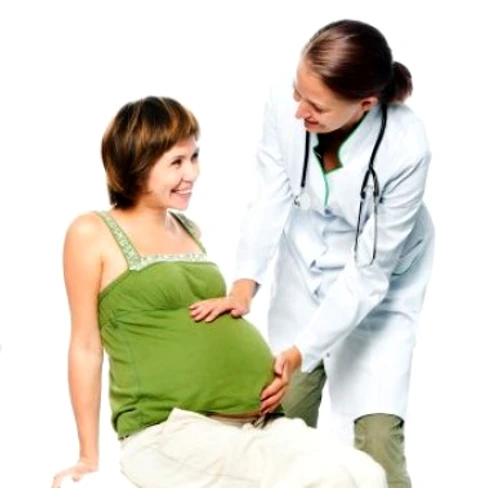
It is ideal for any woman who wants to become pregnant to talk to her doctor about vaccination protection beforehand. Doctors say that the optimal period for immunization by vaccination is about three months before conception.
Immunization is an effective method of combating infectious diseases. During pregnancy, however, the administration of vaccines must be done with great care, so as not to endanger the life of the mother and the fetus.
For the healthy woman, who has no problems with pregnancy, but wants to prevent possible illnesses, the advice of gynecologists is to avoid vaccination, in order not to come into contact with the adverse reactions that may develop as a result of immunization.
It is good to know that some vaccines can increase the risk of miscarriage.
Live-attenuated vaccines, not indicated
There are three types of vaccines: those containing live-attenuated organisms, those with inactivated (killed) organisms, and those containing toxins (chemically treated or extracted proteins). As a general rule, live-attenuated vaccines are not recommended during pregnancy. Before indicating the vaccination, the doctor balances the safety of the mother and the child and the safety of carrying out a vaccine. Immunization is used if the pregnant woman works in an environment with a high risk of infection or if she suffers from conditions such as diabetes.
The flu vaccine can be given during pregnancy
Flu season is very close and every pregnant woman wants to protect herself from this disease. You can opt for the flu vaccine, not before receiving the doctor’s approval. If you know that you are prone to illness, it is advisable to get vaccinated, otherwise you risk a series of complications if you get sick, for example you can get pneumonia. This vaccine can be administered in the second and third trimester of pregnancy.

* Anti-hepatitis type B vaccine. Are you pregnant and at risk of contracting hepatitis B? Take the test to be sure if vaccination is necessary. If the result is negative, but you want to prevent any risk, you can get vaccinated against hepatitis B, but ask the doctor first.
If you did not get the vaccines before conception, you can get this combination of vaccines during pregnancy without exposing yourself to health risks. Why is the tetanus and diphtheria vaccine indicated? To avoid possible causes of infection from birth during surgical interventions.
One of the vaccines that is administered only in exceptional cases is the hepatitis A vaccine. If the pregnant woman has a high risk of contracting the disease, it is best to get vaccinated. Gynecologists claim that the possible adverse effects are several times lower than the risk of exposing the fetus to infection.
Another vaccine that is not recommended during pregnancy, but is allowed if the woman is at high risk of developing the disease, is the pneumococcal vaccine. Although it is not sufficiently tested, the vaccine is recommended, to avoid the illness that can cause the death of the mother.
Also in the category of immunizations-exceptions is the anti-polio vaccine, which can only be given if the pregnant woman presents a high risk of the disease. If the pregnant woman is bitten by an infected animal, the rabies or rabies vaccine can be safely administered.
Dr. Adriana Radu
obstetrics-gynecology primary care physician
Polisano Clinic, Sibiu

For the infectious diseases of the TORCH complex (toxoplasma, rubella, cytomegalovirus, herpes) + listeria, which, in theory, could bring a malformative fetal touch, unfortunately there is no vaccine available, except for rubella. Many patients have already gone through these infections and present antibodies that can be verified through specific analyses. In addition, body hygiene measures, avoiding contact with animals and thermal preparation of food are effective in preventing the occurrence of these infections. Although it has not been shown that it would have negative effects on the fetus, vaccines against rubella, measles, mumps, chicken pox are not indicated for pregnant women. Anti-tetanus, anti-rabies and hepatitis B vaccines can be administered at any time during pregnancy, but it is preferable to administer them together with specific immunoglobulins only at the time of exposure of the pregnant woman to the infectious agent.






































